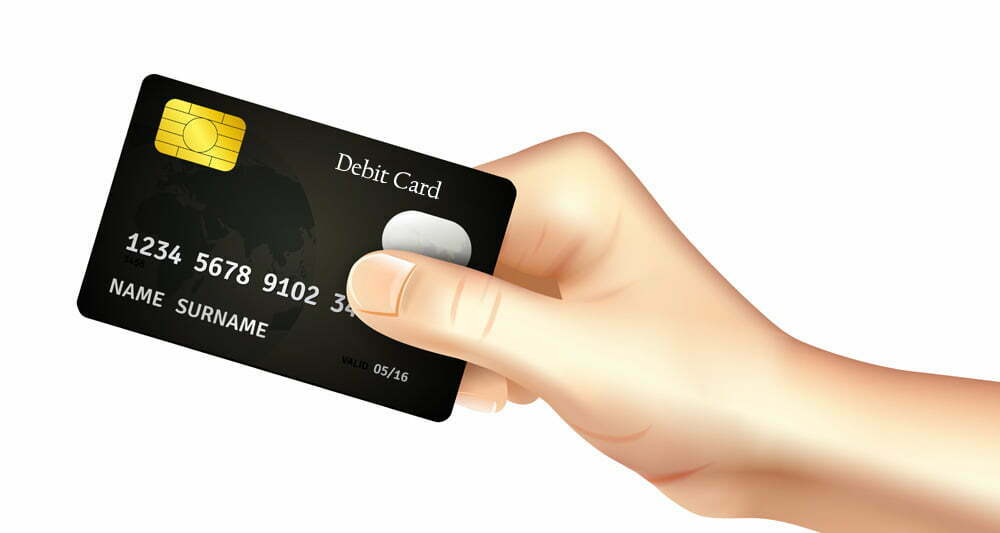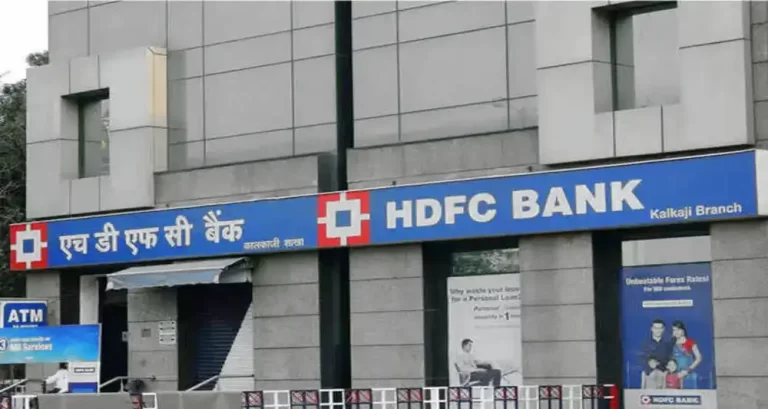What is Debit Card
A debit card is a payment card that allows you to access funds from your checking account to make purchases or withdraw cash from ATMs. When you use a debit card to make a purchase, the funds are immediately deducted from your account balance.
Debit cards are typically issued by banks and financial institutions and can be used at most merchants that accept card payments. They often have a Visa or Mastercard logo, which means they can be used globally where these payment networks are accepted.
Unlike credit cards, which allow you to borrow money up to a certain limit, a debit card only allows you to spend the money you have in your account. This can be a useful tool for managing your finances and avoiding debt. However, it’s important to keep track of your account balance and not overspend, as you can incur overdraft fees or be declined if you don’t have enough funds in your account.
Is ATM card debit card
Yes, an ATM card is a type of debit card. Both ATM and debit cards allow you to withdraw money from your checking or savings account. However, there are some differences between the two. An ATM card can only be used at ATMs to withdraw cash, while a debit card can be used at ATMs and at merchants that accept debit cards for purchases. Additionally, debit cards often come with additional features such as cashback rewards, fraud protection, and the ability to link to mobile payment apps.
What is the purpose of debit card
The purpose of a debit card is to provide you with a convenient and secure way to make purchases or withdraw cash without the need to carry cash or checks.
When you use a debit card to make a purchase, the amount is automatically deducted from your bank account balance. This means that you can only spend the amount of money you have available in your account, which helps you avoid overspending and accumulating debt.
Some common uses of a debit card include:
- Making purchases in-person or online: You can use your debit card to pay for goods and services at merchants that accept electronic payments. This includes brick-and-mortar stores, online retailers, and other businesses that accept card payments.
- Withdrawing cash from ATMs: You can use your debit card to withdraw cash from an ATM (Automated Teller Machine) or bank branch. This allows you to access cash without having to visit a teller or carry large sums of money with you.
- Paying bills: You can use your debit card to pay bills electronically. This can include recurring payments, such as utility bills or monthly subscriptions, or one-time payments, such as a medical bill or car repair.
The purpose of a debit card is to provide you with a convenient and secure way to access the funds in your bank account and make purchases or payments without the need for cash or checks.
How does debit card work
Here’s how a debit card works:
- Linking to a bank account: To get a debit card, you need to have a bank account with a financial institution that offers debit card services. When you open an account, the bank will issue you a debit card that is linked to your account.
- Magnetic strip or chip: Debit cards have a magnetic strip or a chip embedded in them that contains information about your account, such as the card number, expiration date, and security code.
- Verification of funds: When you use your debit card to make a purchase, the merchant swipes or inserts the card into a card reader, and the payment processing network sends a request to your bank to verify if you have enough funds in your account to cover the purchase. If you do, the transaction is approved, and the funds are immediately deducted from your account.
- PIN or signature: To authorize the transaction, you may be required to enter your personal identification number (PIN) or sign a receipt, depending on the merchant’s requirements.
- ATM withdrawals: You can also use your debit card to withdraw cash from ATMs. In this case, you enter your PIN, and the ATM dispenses the requested amount of cash, which is also deducted from your account.
It’s important to note that some debit cards may have daily spending limits, and you should always keep track of your account balance to avoid overdraft fees or declined transactions. Additionally, some banks may charge fees for certain debit card transactions or for using ATMs outside of their network, so it’s important to check with your bank to understand any associated fees.
How to apply for a debit card in USA
To apply for a debit card in the USA, follow these general steps:
- Choose a bank or credit union: Decide which financial institution you want to use for your checking account and debit card. Look for a bank or credit union that offers features you want, such as low fees, online banking, or a rewards program.
- Apply for a checking account: To get a debit card, you’ll first need to open a checking account with the bank or credit union. You may be able to apply for an account online, in person at a branch, or by phone.
- Provide personal information: When you apply for a checking account, you’ll typically need to provide personal information such as your name, address, date of birth, Social Security number, and employment information.
- Fund your account: You’ll need to deposit money into your checking account to activate your debit card. Some banks or credit unions may require a minimum deposit amount.
- Request a debit card: Once your account is open and funded, you can request a debit card from your bank or credit union. You may be able to do this online, in person at a branch, or by phone.
- Activate your debit card: You’ll usually need to activate your debit card before you can start using it. This can be done through an activation phone number, online or through the mobile app provided by the bank or credit union.
- Start using your debit card: Once your debit card is activated, you can start using it to make purchases, withdraw cash from ATMs, and more.
Keep in mind that the exact process for applying for a debit card may vary slightly depending on the financial institution you choose, so it’s always a good idea to check their website or contact them directly for specific instructions.
Advantages of Debit Card
Debit cards have several advantages, including:
- Convenience: Debit cards are accepted at most merchants and can be used to make purchases online, in stores, and over the phone, providing you with easy access to your money.
- No credit check: Unlike credit cards, debit cards don’t require a credit check, which makes them a good option for people with poor credit or those who don’t want to risk accumulating debt.
- Better budgeting: Since you can only spend the amount of money that’s in your bank account, using a debit card can help you stick to a budget and avoid overspending.
- No interest charges: Unlike credit cards, debit cards don’t charge interest on purchases, which can save you money in the long run.
- Access to ATMs: Debit cards can be used to withdraw cash from ATMs, making it easy to get cash when you need it.
- Security: Debit cards have security features that help protect against fraud, such as PIN codes and transaction alerts.
- Rewards programs: Some debit cards offer rewards programs that allow you to earn cash back or other rewards for using your card to make purchases.
Debit cards are a convenient and secure way to access and spend your money, and they offer several benefits over traditional credit cards.
Disadvantages of Debit Card
There are several disadvantages of using a debit card:
- Limited protection against fraud: While many banks offer some level of protection against fraudulent transactions, debit cards don’t have the same level of protection as credit cards. If your debit card is stolen or used fraudulently, you may not be able to get all of your money back.
- No credit-building benefits: Unlike credit cards, which can help you build credit by reporting your payments to credit bureaus, debit cards don’t have this benefit.
- Overdraft fees: If you spend more than what’s in your account, you may be charged an overdraft fee. These fees can be high, and they can add up quickly if you’re not careful.
- Less reward programs: While some debit cards offer reward programs, they’re generally not as generous as those offered by credit cards. If you’re looking to earn rewards for your spending, a credit card may be a better option.
- Limited travel benefits: Some debit cards don’t offer travel benefits like rental car insurance, trip cancellation insurance, or emergency travel assistance. If you’re planning to travel, you may want to consider a credit card that offers these benefits.
- No grace period: Unlike credit cards, which offer a grace period before interest is charged on balances, debit cards typically don’t have a grace period. This means you’ll be charged interest on any balance you carry, even if you pay it off in full each month.

























+ There are no comments
Add yours